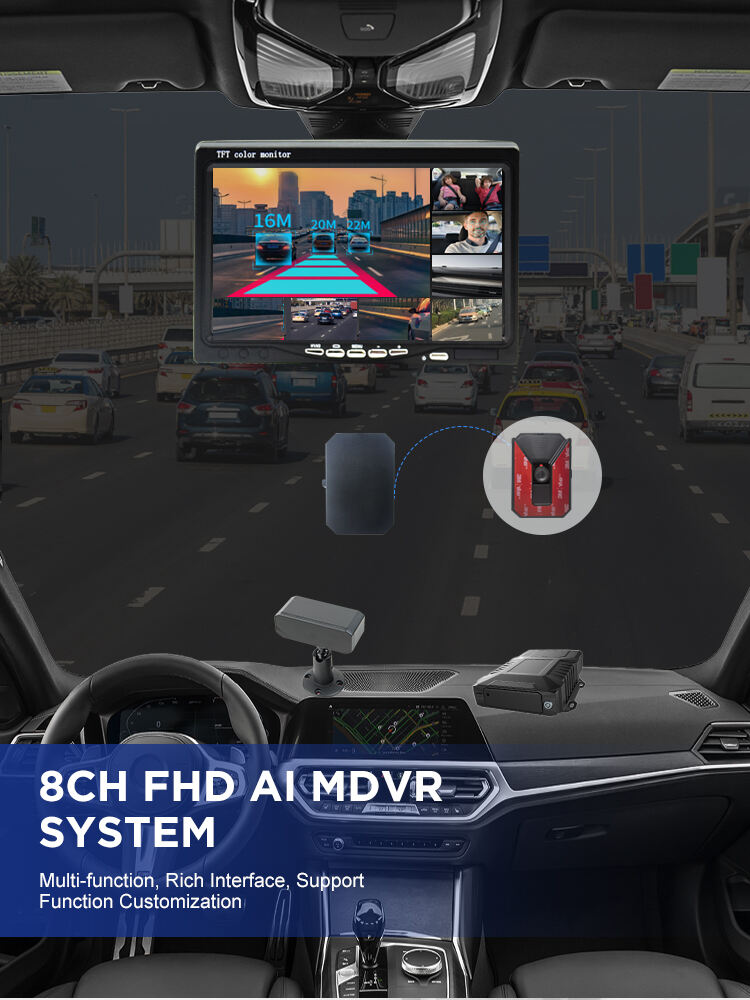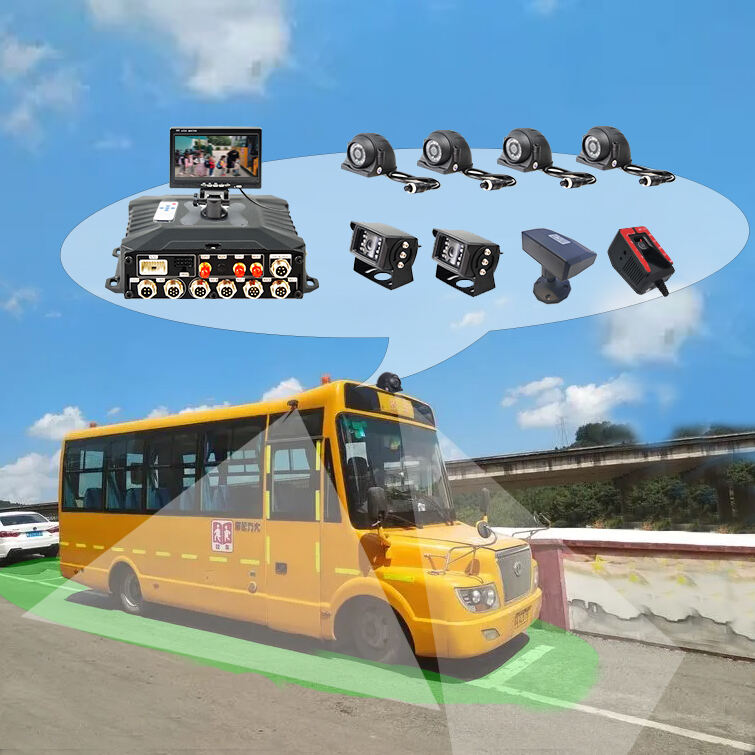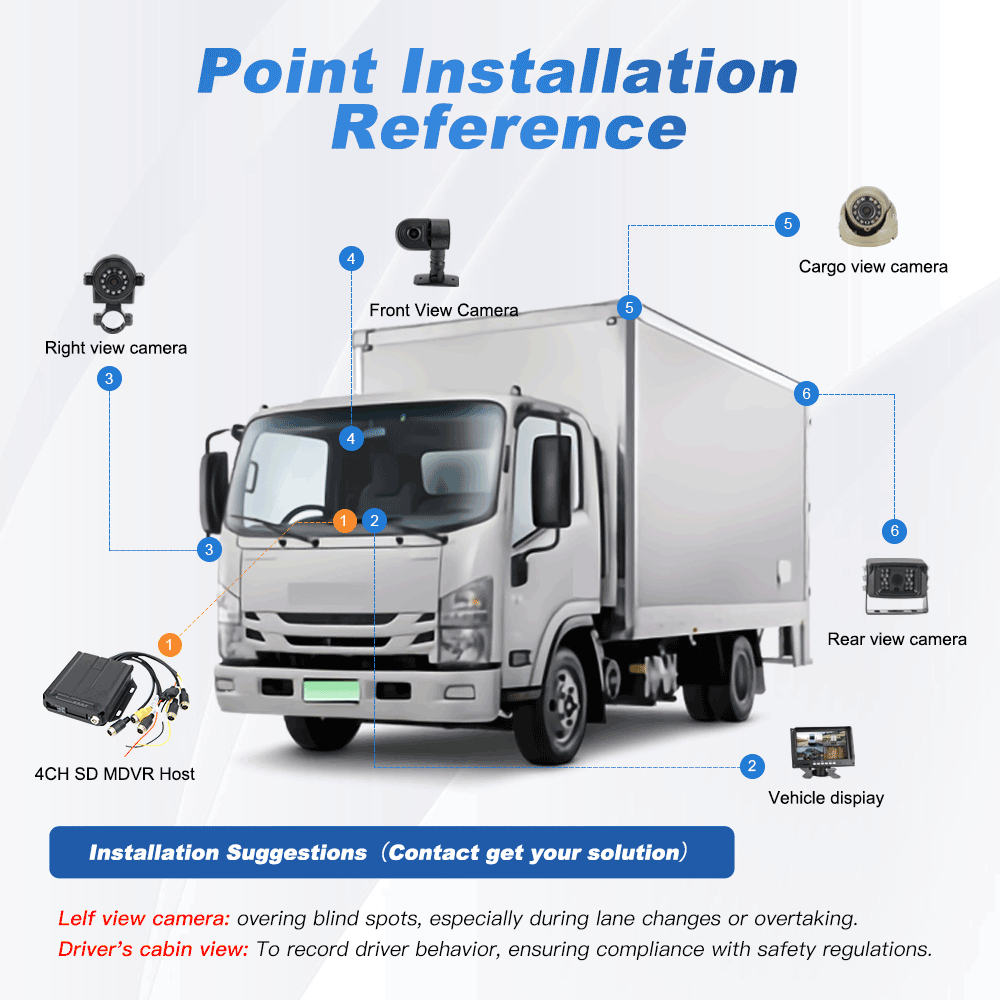car liquid level sensor
A car liquid level sensor is a sophisticated measuring device designed to accurately monitor and report fluid levels in various automotive systems. This essential component utilizes advanced electronic technology to provide real-time measurements of fluids such as fuel, oil, coolant, and brake fluid. The sensor operates through either capacitive or ultrasonic measurement principles, converting fluid levels into electrical signals that are transmitted to the vehicle's computer system. Modern car liquid level sensors feature robust construction with corrosion-resistant materials, ensuring long-term reliability in harsh automotive environments. These sensors integrate seamlessly with vehicle diagnostic systems, offering precise readings that help prevent potential mechanical issues and optimize vehicle performance. The technology incorporates fail-safe mechanisms and self-diagnostic capabilities, alerting drivers to both critical fluid levels and sensor malfunctions. In practical applications, these sensors serve multiple functions across different vehicle systems, from maintaining optimal engine performance to ensuring safety-critical systems operate effectively. The sensor's design typically includes float mechanisms or electronic probes that adapt to various tank shapes and sizes, making them versatile for different vehicle models and configurations.


